Types of Workplace Drug Testing to Expect in Australia
Workplace drug testing is a critical part of maintaining health and safety in Australian workplaces. Whether you're applying for a job or are already employed in high-risk industries such as mining, transport or construction, understanding the different types of drug tests at work is essential. Employers are increasingly implementing employee drug testing policies to meet WHS drug testing requirements and promote safer work environments.
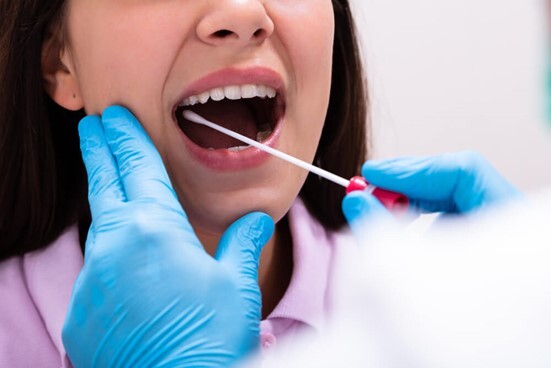
Why Workplace Drug Testing Happens and When It’s Used
The primary reason for workplace drug testing is to uphold a safe and compliant workplace under WHS drug testing requirements. Employers have a legal duty of care to protect all staff and visitors. In sectors such as transport, aviation, construction and mining, regular testing is often a legal requirement.
Testing can take place at different stages, including:
- Pre-employment drug screening to ensure fitness for the role
- Random drug testing to maintain ongoing compliance
- Post-incident testing after accidents or unsafe behaviour
- Return-to-work checks following absences or rehabilitation
- Testing based on reasonable suspicion of drug use
By understanding when testing occurs, employees can better navigate workplace expectations and avoid unexpected consequences under the employee drug testing policy.
Common Types of Drug Tests at Work and What They Detect
Australian workplaces use a range of drug and alcohol testing methods to detect impairment or past use. Each type of test varies in accuracy, detection window and ease of use:
- Urine drug test: The most widely used method. It detects a broad range of substances, including cannabis, methamphetamines and opiates. Detection can span several days after use.
- Saliva drug test workplace: Increasingly popular due to ease of use and quick results. Detects recent drug use and is commonly used in roadside or on-site settings.
- Blood testing: Highly accurate and used for confirmation. It is invasive and less common, usually reserved for legal or medical investigations.
- Breath testing: Used exclusively for alcohol detection. Breath tests are standard for both random checks and post-incident investigations.
Employers should clearly communicate which types of drug tests at work are included in their employee drug testing policy to ensure transparency.
What to Expect During a Drug Test in the Workplace
During any workplace drug testing procedure, employees have the right to a fair and confidential process. Here’s what typically happens:
- You’ll be informed of the reason for the test—whether it’s pre-employment drug screening, random testing or post-incident.
- Sample collection is conducted in a private setting and handled according to strict protocols.
- Results from a urine drug test or saliva drug test in a workplace setting are usually processed quickly and confidentially.
- Refusing to comply or testing positive may trigger disciplinary action depending on the company's drug and alcohol testing policy.
Understanding what to expect can reduce anxiety, ensure compliance with your employee drug testing policy and contribute to a safe and respectful workplace environment.
Want to ensure your business meets all WHS drug testing requirements? Contact us today to discuss your workplace drug testing needs. Whether you’re reviewing your current employee drug testing policy or setting up a new one, our team can guide you on the best types of drug tests at work for your organisation.

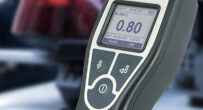 Breathalysers
Breathalysers
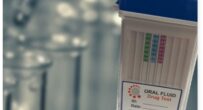 Drug Testing
Drug Testing
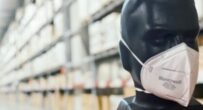 Safety Products
Safety Products
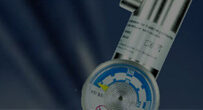 Calibration & Services
Calibration & Services
 Stay Current with Our Latest Training Techniques
Stay Current with Our Latest Training Techniques